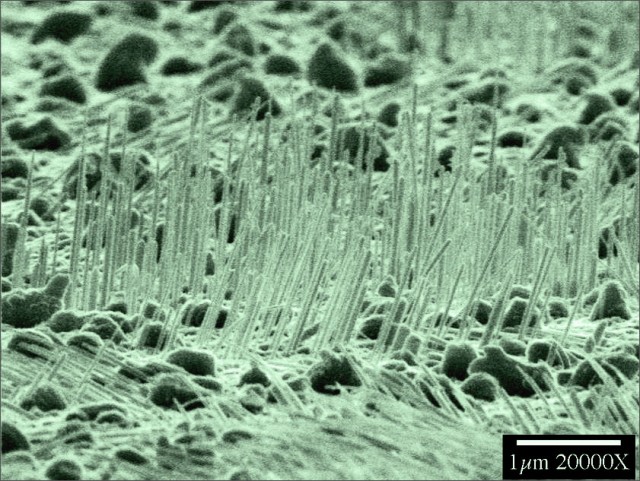Stallman’s got company: Researcher wants nanotech patent moratorium
Ars Technica » Scientific Method 2012-11-21

Software patents have long been contentious things, but patents in other areas of science are also becoming frequent subjects of editorials and court cases, with biotech and genomics making it to the Supreme Court. Now, if an editorial in Nature is to be believed, nanotechnology is set to become the latest patent battleground.
Joshua Pearce is a professor at Michigan Technological University, and he very explicitly argues for taking an open-source and open-access approach to nanotechnology research. But he also goes well beyond that, calling for a patent moratorium and a gutting of the law that governs tech transfers from government-funded university research. At stake, he argues, is the growth of a field that could be generating trillions of dollars of economic activity within a few years.
Pearce's viewpoint may seem like a radical overreaction, but there are technical reasons that nanotech might be more prone to patent troubles than other fields. Though often portrayed in science fiction as having something to do with tiny robots, nanotechnology is actually based on the premise that the familiar properties of materials in the world around us can be radically altered when those same materials are structured on nanometer length scales. To give one example, nanoparticles of gold aren't actually golden (a suspension of them looks red) and they have a different melting point from the bulk metal. More significantly for commercial purposes, their catalytic activity can change dramatically—gold nanoparticles can be used in the production of completely different chemicals.
Read 6 remaining paragraphs | Comments